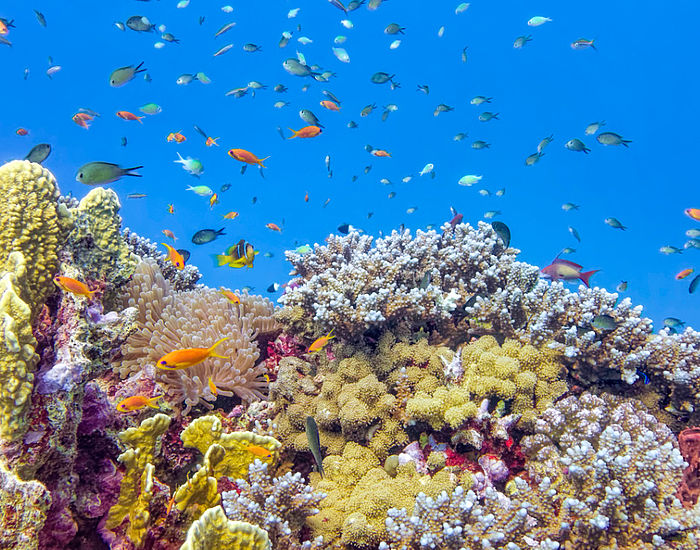 Tropical coral reef ecosystem
Tropical coral reef ecosystem
Date
- 2019-12-09
Contact
Author
Tags
- EMPIR,
- European Metrology Networks,
- EMN Climate and Ocean Observation,